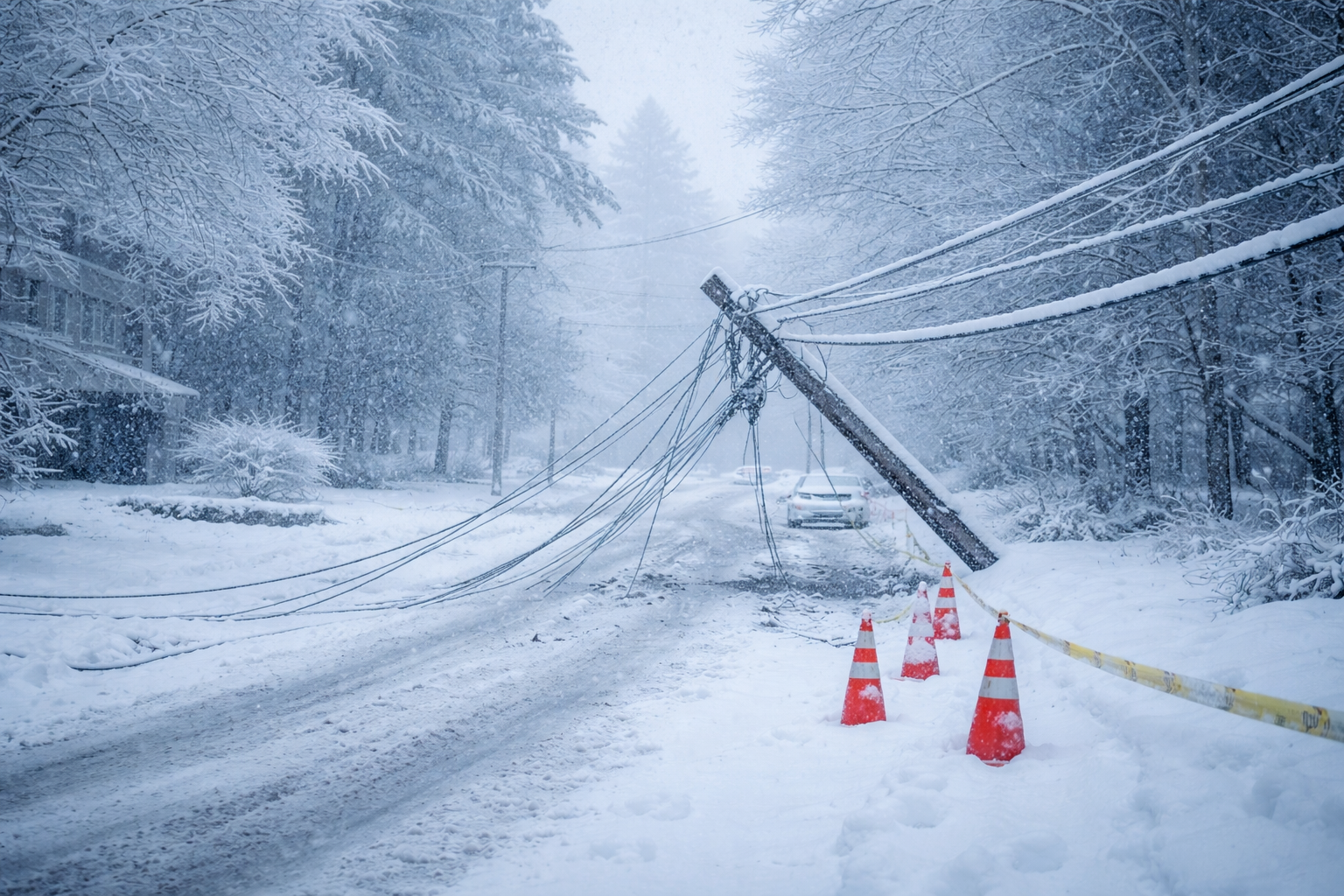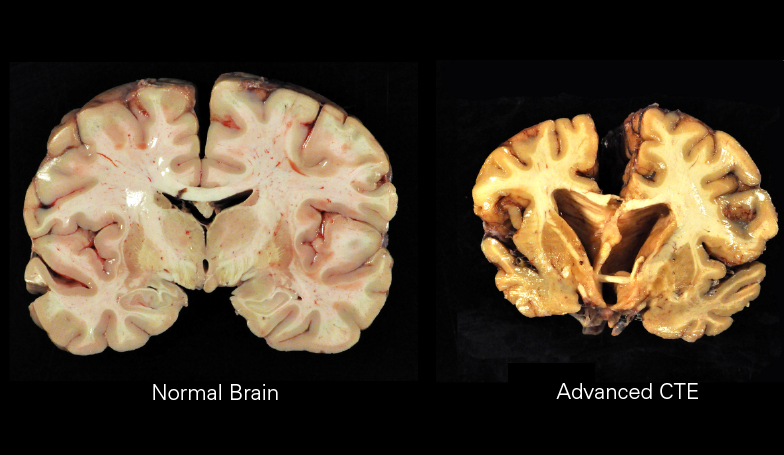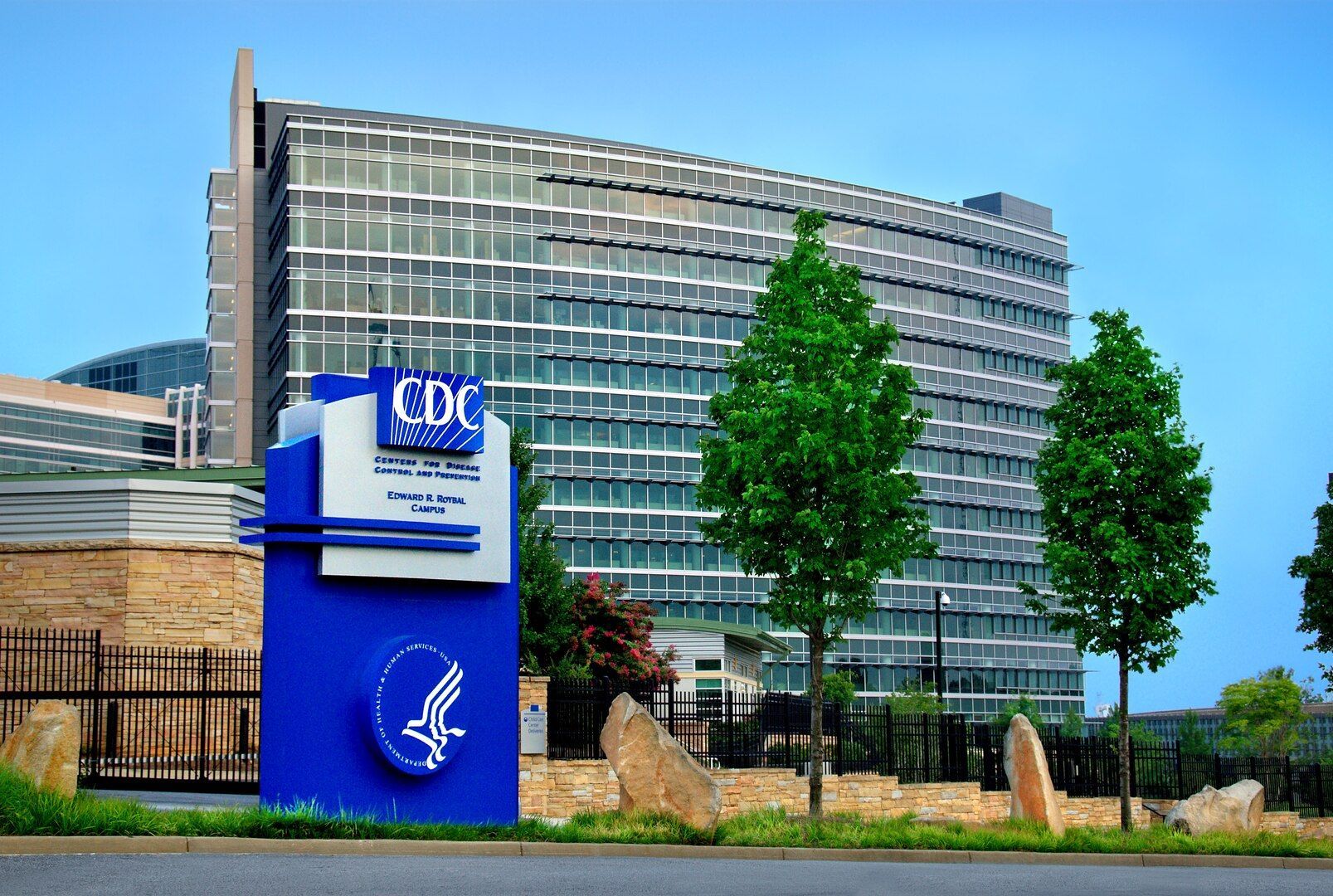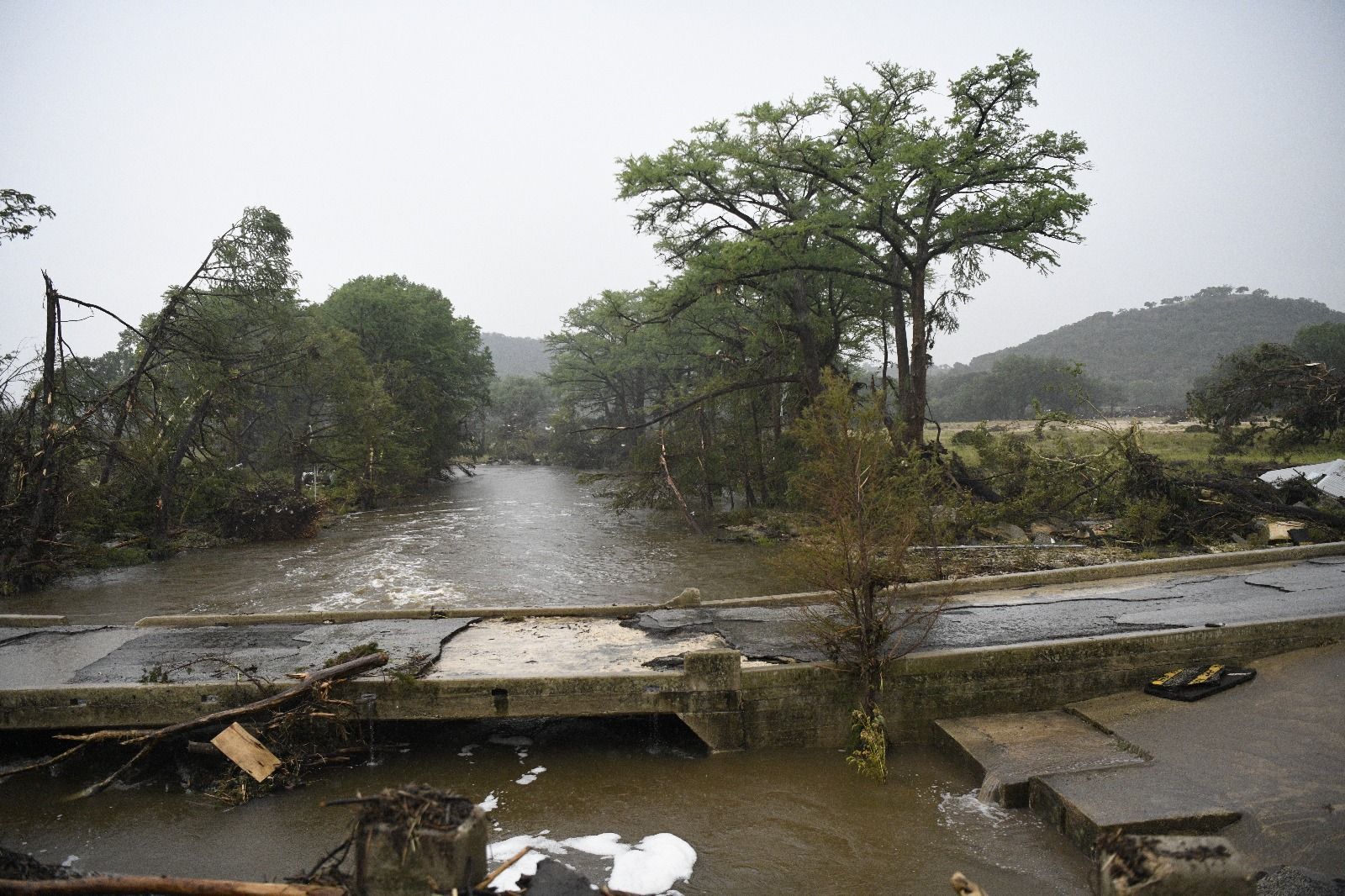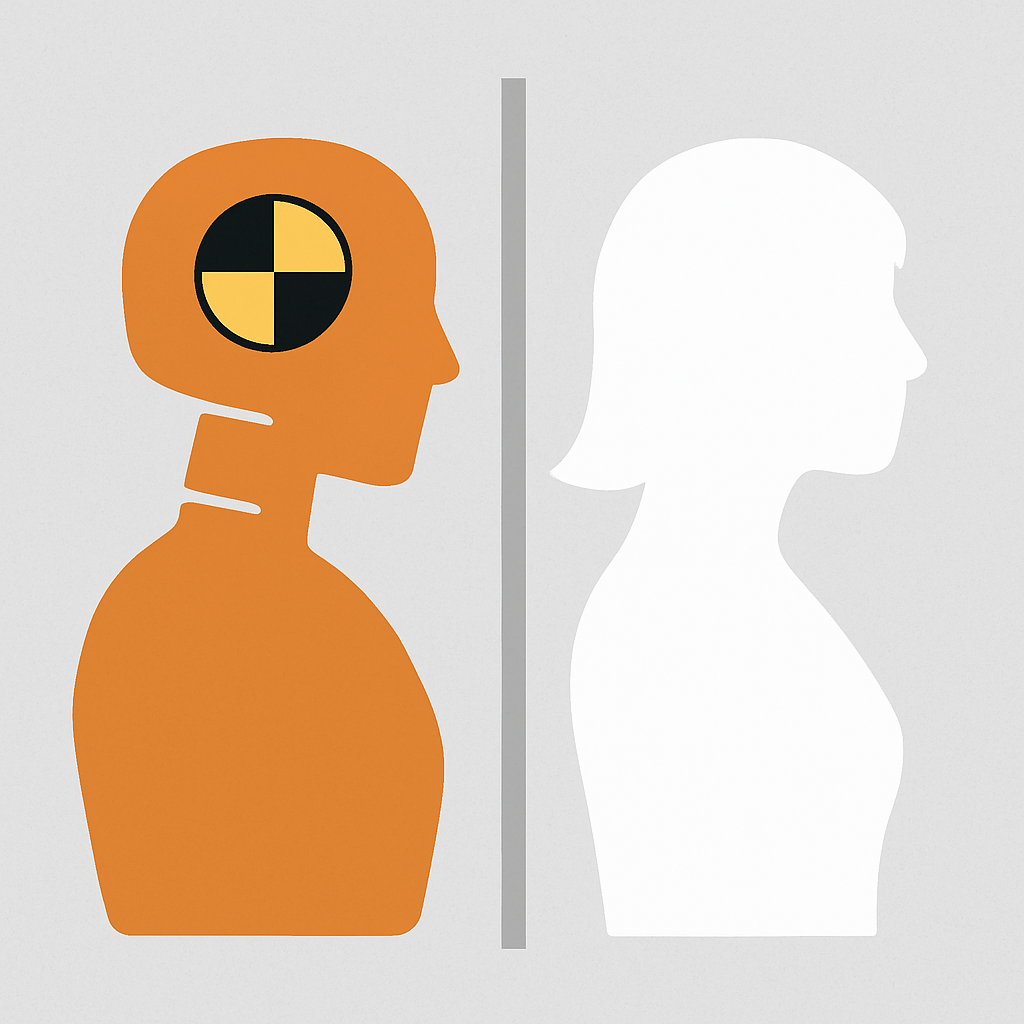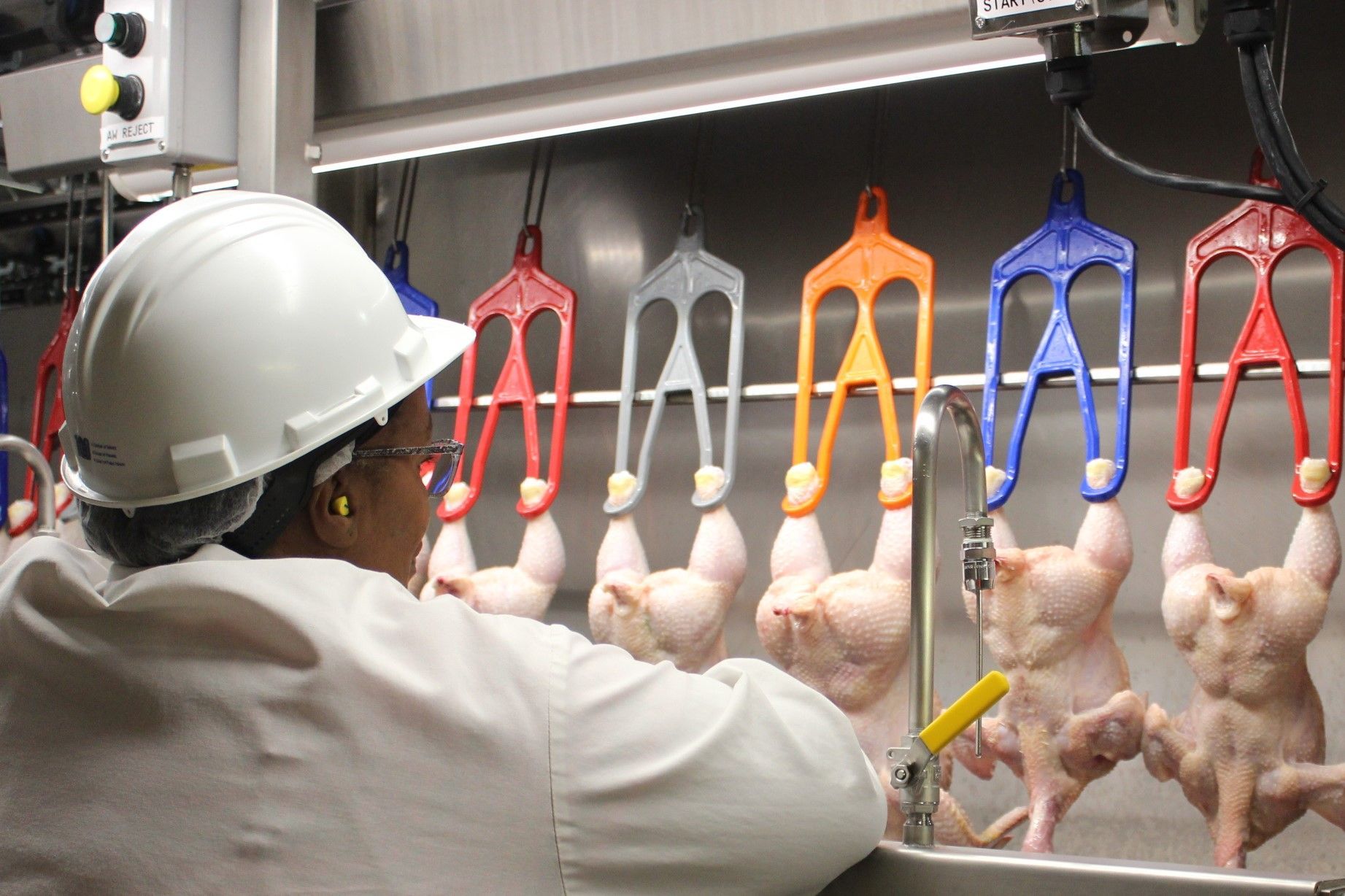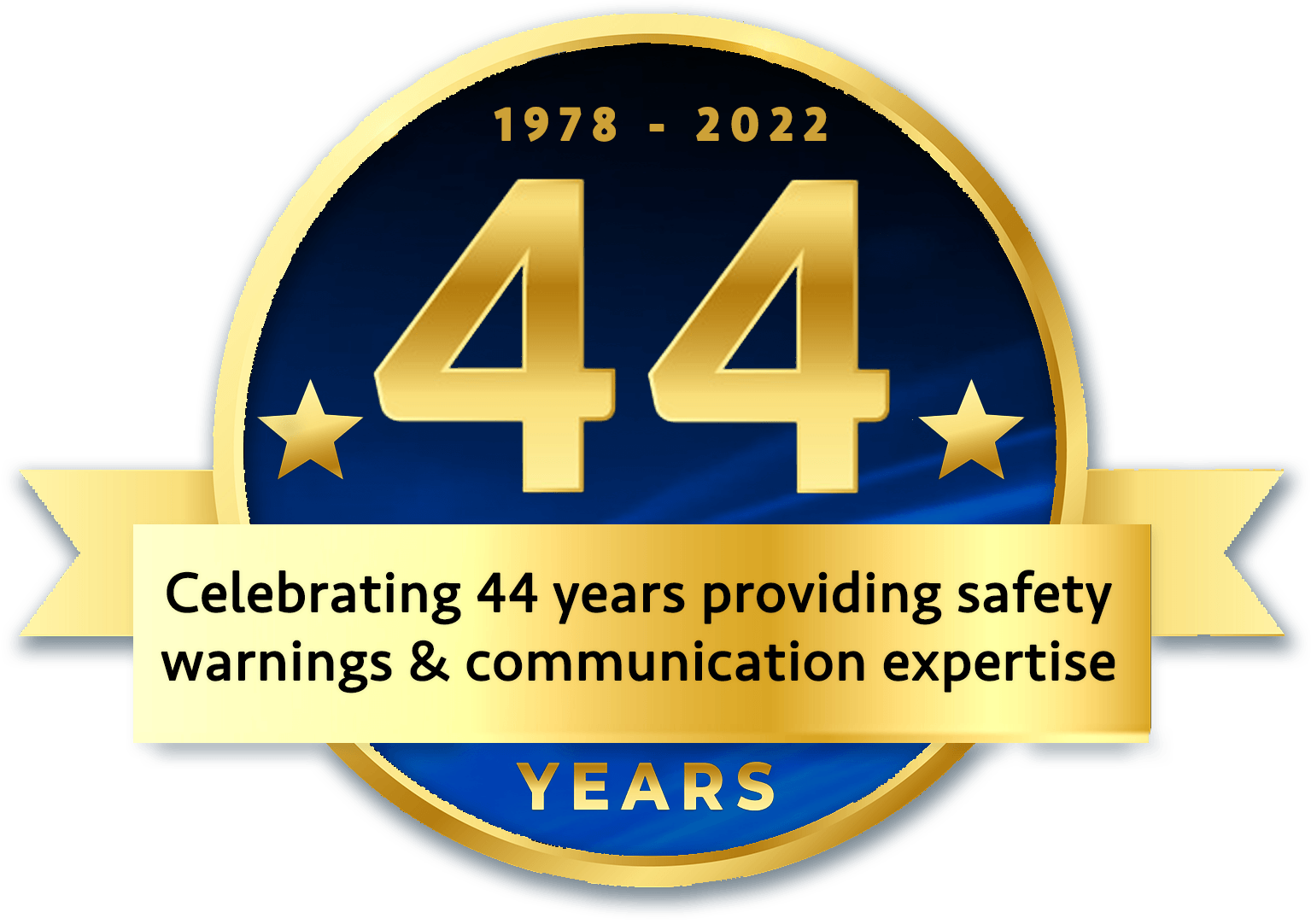WILL THE CHEVRON DECISION CREATE A DEREGULATORY NIGHTMARE FOR CONSUMERS?
In my best-selling book, Murder, Inc.: How Unregulated Industry Kills or Injures Thousands of Americans Every Year...And What You Can Do About It (Hartford, Ct.:PYP Press, 2020), I discuss the need for "principled disclosure" from corporations about potential hazards that could hurt or kill us. I also discuss the role we as consumers play by seeking information about those hazards and finally, the role various regulatory agencies must play to initiate and enforce meaningful regulations on industry so that they do, indeed, engage in "principled disclosure" (i.e., tell the truth). In order to carry out its mandate, any regulatory agency or department charged with the responsibility of protecting the general public or consumers or workers and so on, must be empowered to both set the safety and hazard warnings rules and take aggressive, impactful action when they are not followed. Unfortunately, the U.S. Supreme Court, in a landmark 6-3 vote last month, overturned a 60-year old decision, colloquially known as "Chevron", which has the potential to undermine our government's regulatory agencies' ability to hold corporations accountable.
What is the Chevron Decision and how could it impact your safety and well-being? In a unanimous ruling, the Supreme Court ruled against energy giant, Chevron, who challenged the Clean-Air Act, and instructed lower courts to defer to federal agencies when laws passed by Congress are not crystal clear. The 40-year-old decision has been the basis for upholding thousands of regulations by dozens of federal agencies, but has long been a target of conservatives and business groups who argue that it grants too much power to the executive branch, or what some critics call the administrative state. In the decades following the ruling, Chevron has been a bedrock of modern administrative law, requiring judges to defer to agencies’ reasonable interpretations of congressional statutes. But the current high court, with a 6-3 conservative majority has been increasingly skeptical of the powers of federal agencies.
With a closely divided Congress, presidential administrations have increasingly turned to federal regulation to implement policy changes. Federal rules impact virtually every aspect of everyday life, from the food we eat and the cars we drive to the air we breathe and homes we live in. For example, the Biden administration has issued a whole host of new regulations on the environment, including restrictions from emissions at power plants and from vehicle tailpipes. Those actions and others could be opened up to legal challenges if judges are allowed to discount or disregard the expertise of the executive-branch agencies that put them into place. When you consider who was advocating for the overturn of Chevron, it does not bode well for consumers and their safety: groups representing the gun industry and other businesses such as tobacco, agriculture, timber and homebuilding, were among those pressing the justices to overturn the Chevron doctrine and weaken government regulation. Can you imagine the FDA being defanged by Chevron-influenced lawsuits to the point where tobacco could sell their products to teens or resume advertising on television, a practice banned by Congress since 1970. Or imagine OSHA (Occupational Safety and Health Administration) regulations being stripped away that protect worker safety? Or a CPSC (Consumer Product Safety Commission) challenged on its stringent toy regulations that are aimed at infant choking hazards? Or a Department of Agriculture no longer able to inspect meat with the rigor that industry now faces? Or a NHTSA (National Highway Traffic Safety Administration) no longer able to regulate the safety of our automobiles, especially now as we address the feasibility and safety of self-driving vehicles?

One of the most important areas of concern to consumers will be the impact of the new Chevron ruling on our health and the health of our families. Federal health care programs like Medicare and Medicaid are established by statutes that outline numerous requirements regarding the coverage of items and services, including how, when and by whom said items and services may be provided. In interpreting the statutes, the designated agencies and sub-agencies within HHS—including CMS, FDA, the Centers for Disease Control and Prevention (CDC), the National Institutes of Health (NIH), the Health Resources and Services Administration (HRSA), Office for Civil Rights (OCR) and others—issue detailed regulations and guidance that ultimately determine how new and existing statutes are implemented. Under the new ruling, these decisions may now be thrown to the courts to resolve, giving the courts, especially the Federal Courts, unprecedented power, a major shift from the Legislative and Executive branches. How ironic that a conservative court could now become an activist court that infringes on the legislative authority of Congress or the Executive Branch's Federal Agencies. In her dissenting opinion, Supreme Court Justice Elena Kagan wrote that the ruling has created a “jolt to the legal system,” and that the court has in “one fell swoop,” given “itself exclusive power over every open issue—no matter how expertise-driven or policy-laden—involving the meaning of regulatory law.”
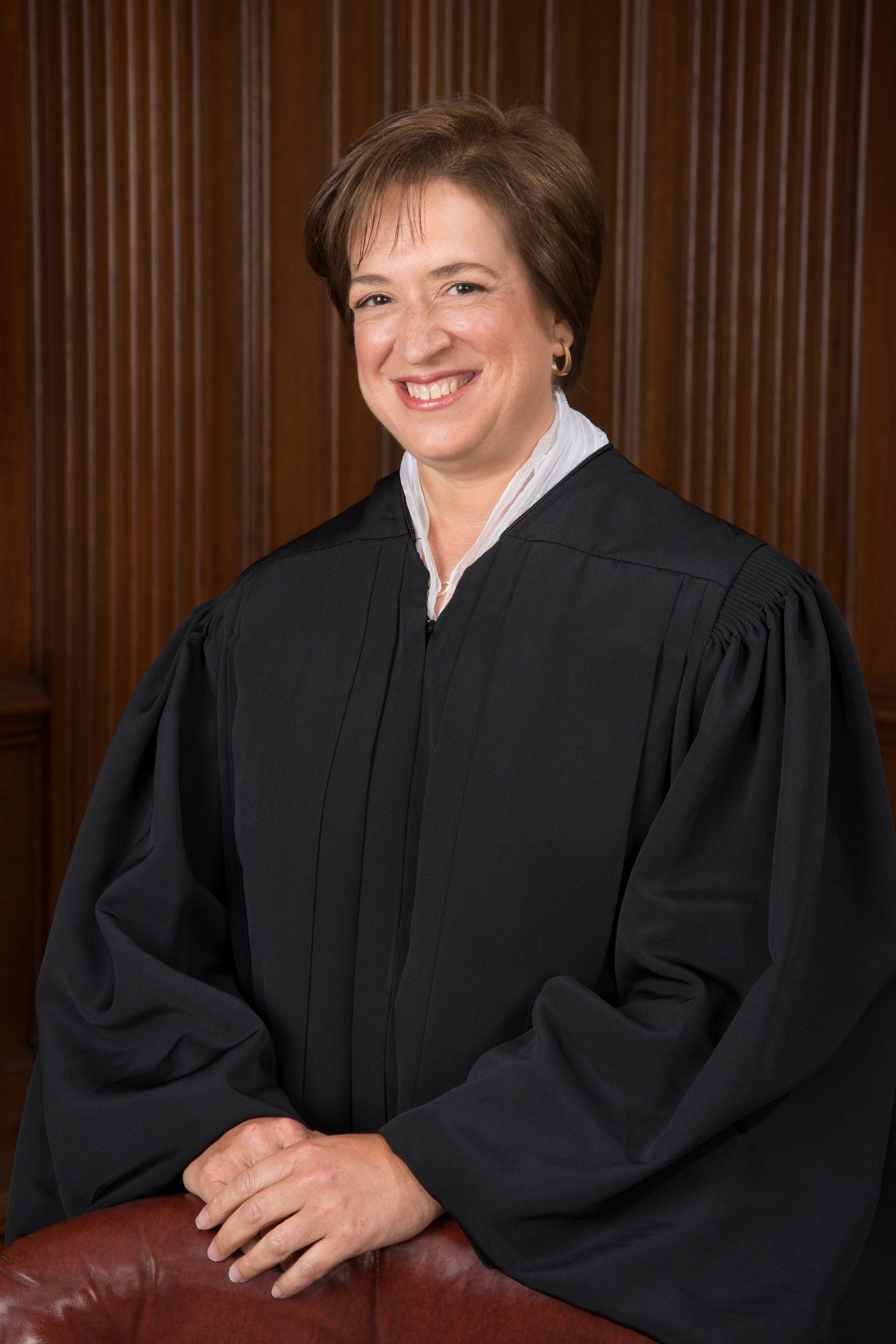
Pictured: Supreme Court Justice Elena Kagan
As the Warnings Doctor, I have written in my new book and elsewhere that in order for the public to be protected from industry-created product hazards, we must have a symbiotic relationship among the three legs of what I call the "safety triad": Industry, Government Regulators and the Consuming Public. Much like a three-legged stool, if one of the legs of the "safety triad" is weakened, the entire triad may fall. Unfortunately, the Chevron ruling has the potential to do exactly that. It is my opinion that measured, responsible, and effective regulatory oversight by appropriately empowered government agencies is a necessity to ensure continued public safety in an ever-dangerous world.
